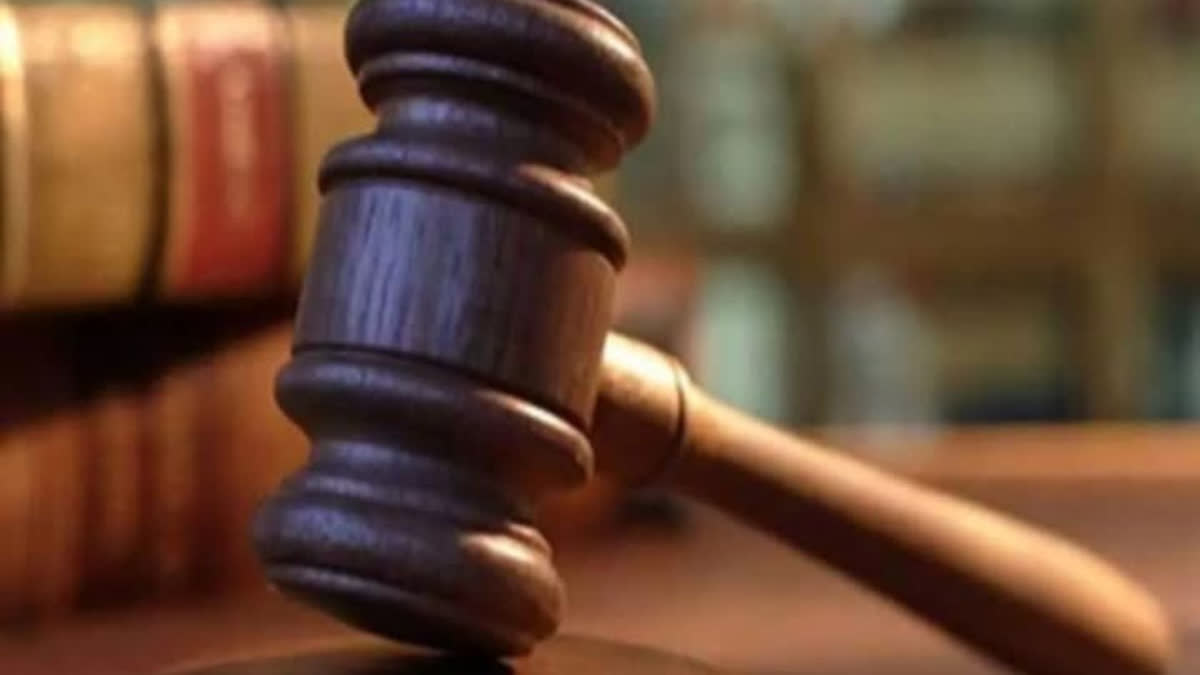New Delhi : The Supreme Court Wednesday observed that it does not agree with a contention that a pre-Constitution institution is not entitled to claim the right under Article 30 of the Constitution. Article 30 deals with the right of religious and linguistic minorities to establish and administer educational institutions.
A seven-judge headed by Chief Justice of India D Y Chandrachud and comprising justices Sanjiv Khanna, Surya Kant, J B Pardiwala, Dipankar Datta, Manoj Misra and Satish Chandra Sharma, is hearing pleas in connection with the hugely disputed minority status of AMU.
The bench noted that any institution which fulfils the requirements of Article 30 is entitled to claim the right irrespective of whether it was established prior to the adoption of the Constitution or after that. The apex court stressed that education is a very important source of cultural power.
“We cannot say that a pre-Constitution institution is not entitled to claim the right under Article 30 of the Constitution.….”, the CJI told Solicitor General Tushar Mehta, representing the Centre. The CJI added as long as they satisfy two aspects: established by a minority and being administered by a minority. Mehta pressed that the apex court should not read the AMU Act, 1920 in the context of Article 30, as the Indian Constitution was not there. Mehta said there was no concept of minority, there was no concept of fundamental rights. The CJI said the law is not that one can claim the right under Article 30, only if the institution has been established after 1950.
Summarizing Mehta’s contention, the CJI said his contention boils down that AMU was not a denominational institution when the university was established in 1920. “Therefore, the adoption of the Constitution on January 26, 1950 cannot confer upon it a denominational character for the reason that you had surrendered that denominational character…”, the CJI told Mehta.
The bench said in 1920, the absolute control was vested in the imperial power and the British government did not want any one institution in India to become so powerful so as to affect the imperial dominion’s power.
“Post the Constitution, the predominant choice of chancellors by successive governments have been Muslim….”, the bench noted. Mehta said even today the AMU is not administered by the predominant minority community.
The apex court was informed that both the AMU and BHU (Banaras Hindu University) were getting Rs 1 lakh each per year at that time from the then British government. The hearing in the matter will continue next week on Tuesday.
Read More



